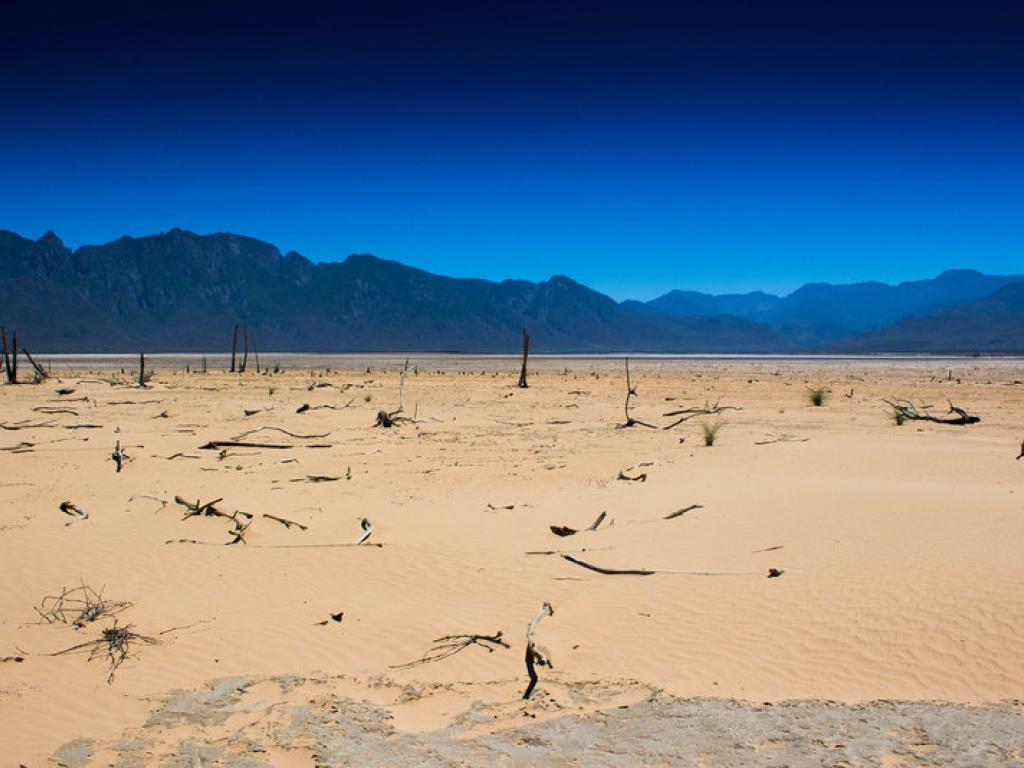Water (in)security: The Art of Resilience

South Africa’s National Water week takes place from 16 to 22 March. Dr Nicholas Simpson, from the African Climate and Development Initiative (ACDI) at the University of Cape Town, was part of a research project focusing on why people opt for off-grid solutions in response to disruptions in supply of water or energy and what the effect of those actions might be.
Water security is more often thought about at high levels of water-resource planning, governance and national security – South Africa’s co-dependent relationship with Lesotho illustrates one example of this. However, less thinking has gone into considering how the everyday actions of the general population contribute towards or compromise water security.
The Art of Resilience, a research project within the Global Risk Governance programme, set out to explore just that during the Cape Town drought to consider what household-level actions and practices emerged as people searched for ways to secure access to water.
Climate shocks are increasingly disrupting the ability of the state to deliver key public services, particularly for sectors at high risk from climate variability, like water. Over the past five years, globally significant climate hazards, augmented by climatic changes, have created disruptive shocks, which have undermined service delivery.
California and Sydney saw their electricity disrupted by unprecedented wildfires; Puerto Rico and Beira had their electricity and water systems severely disrupted by hurricanes. After three years of drought, Cape Town came within days of declaring “Day Zero” where large portions of the city would have their water shut off.
Since the frequency and intensity of these events are anticipated to increase in years to come, we were interested to see how people secure their lives when the state appears unable to do it for them. Our observations centred on why people opt for off-grid solutions in response to disruptions in supply of water or energy and what the effect of those actions might be.
Landscape scale disruptions
Events like the Cape Town drought are considered “landscape scale” disruptions by scholars. These disruptions can potentially change how we do things and allow for the scalable adoption of innovations that might otherwise be ignored, such as rainwater harvesting tanks prior to the drought. We were interested in the effect of these disruptions on the actions and mindsets of people across various levels of society.
The conventional approaches of the City of Cape Town were challenged by the potential of a ‘new normal’ in climate risk and their ability to deliver water during severe droughts. Although there was internal resistance, there was a clear shift in the City’s approach to water, and the general population, as the drought became increasingly severe.
